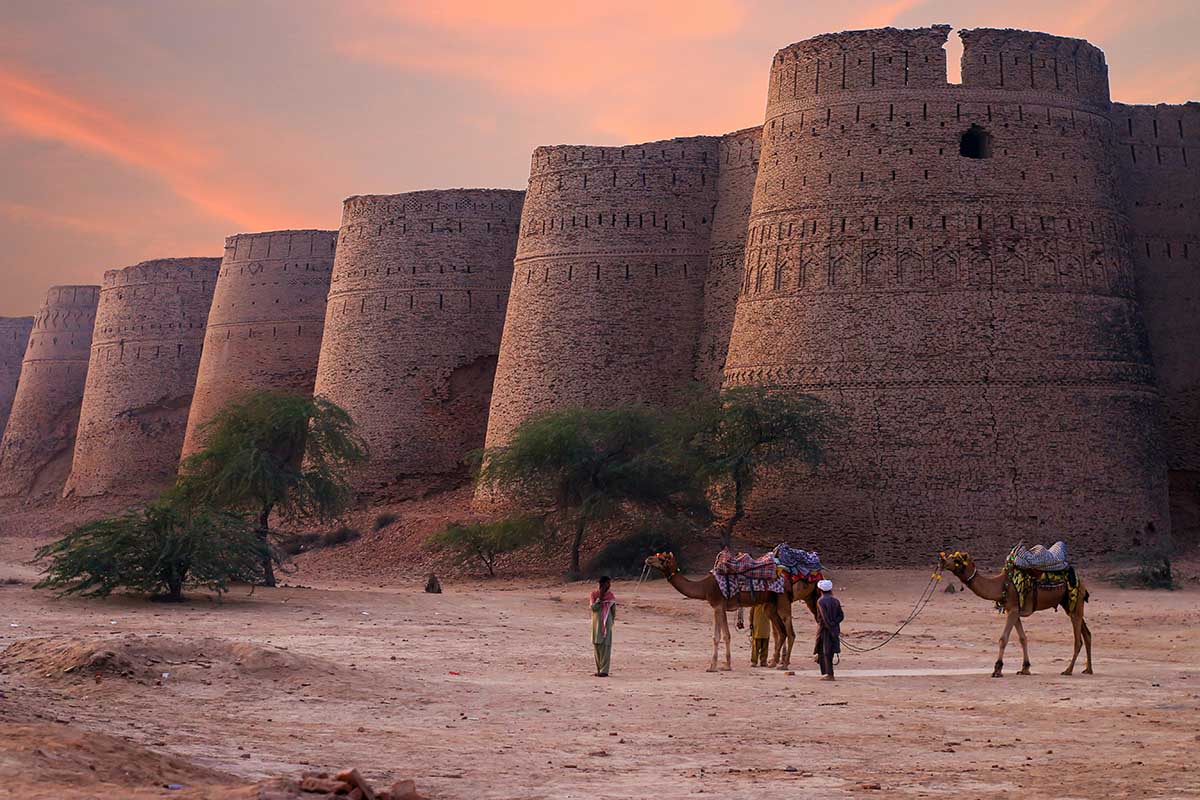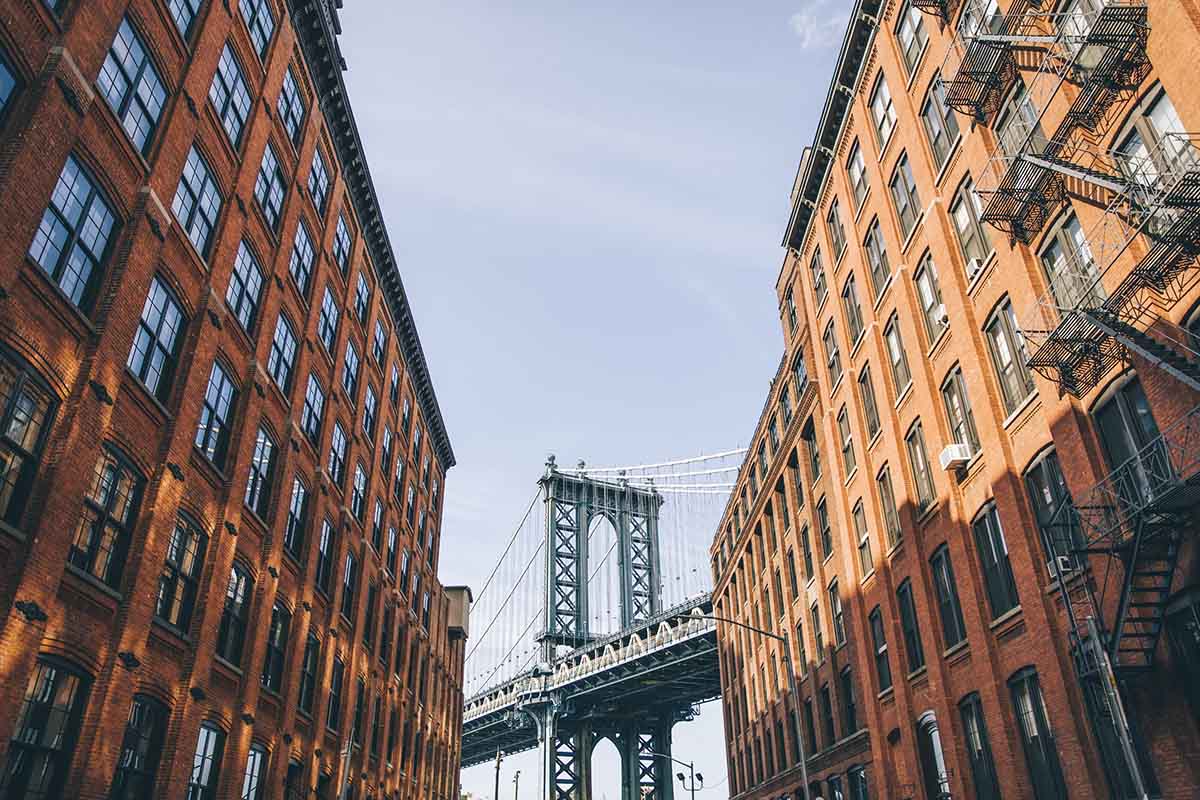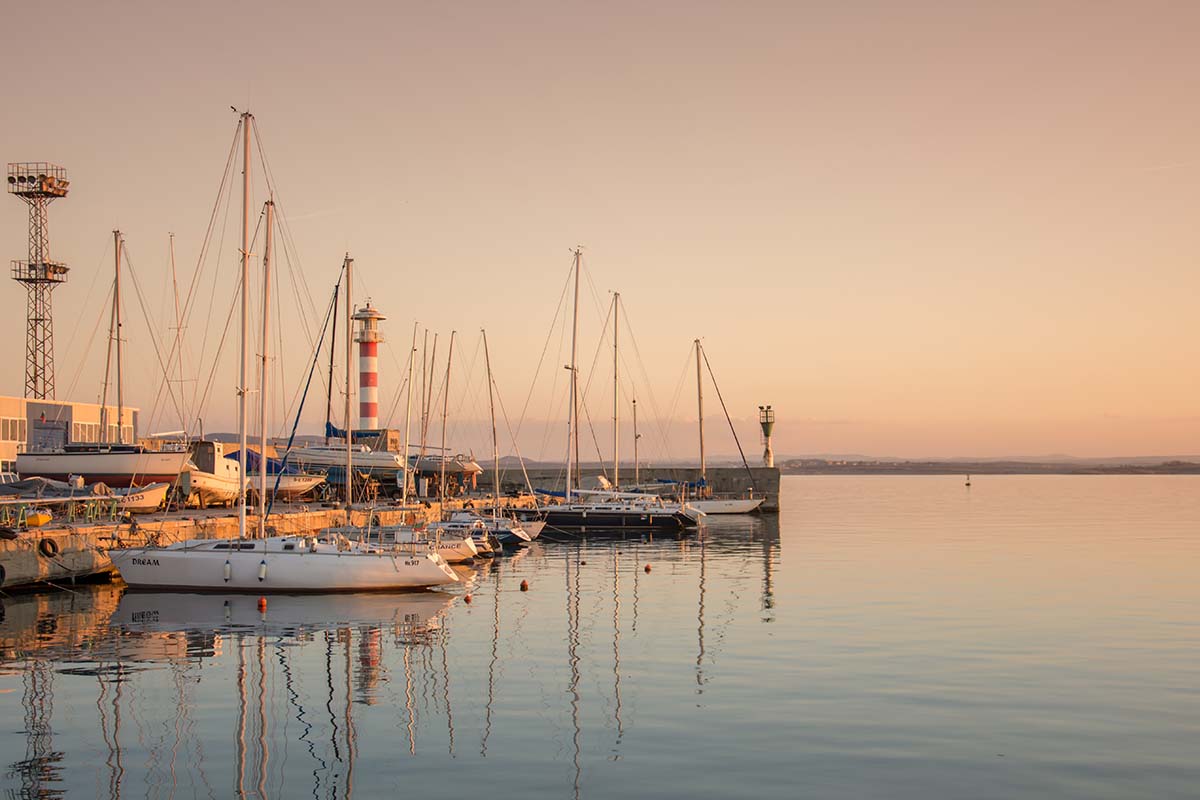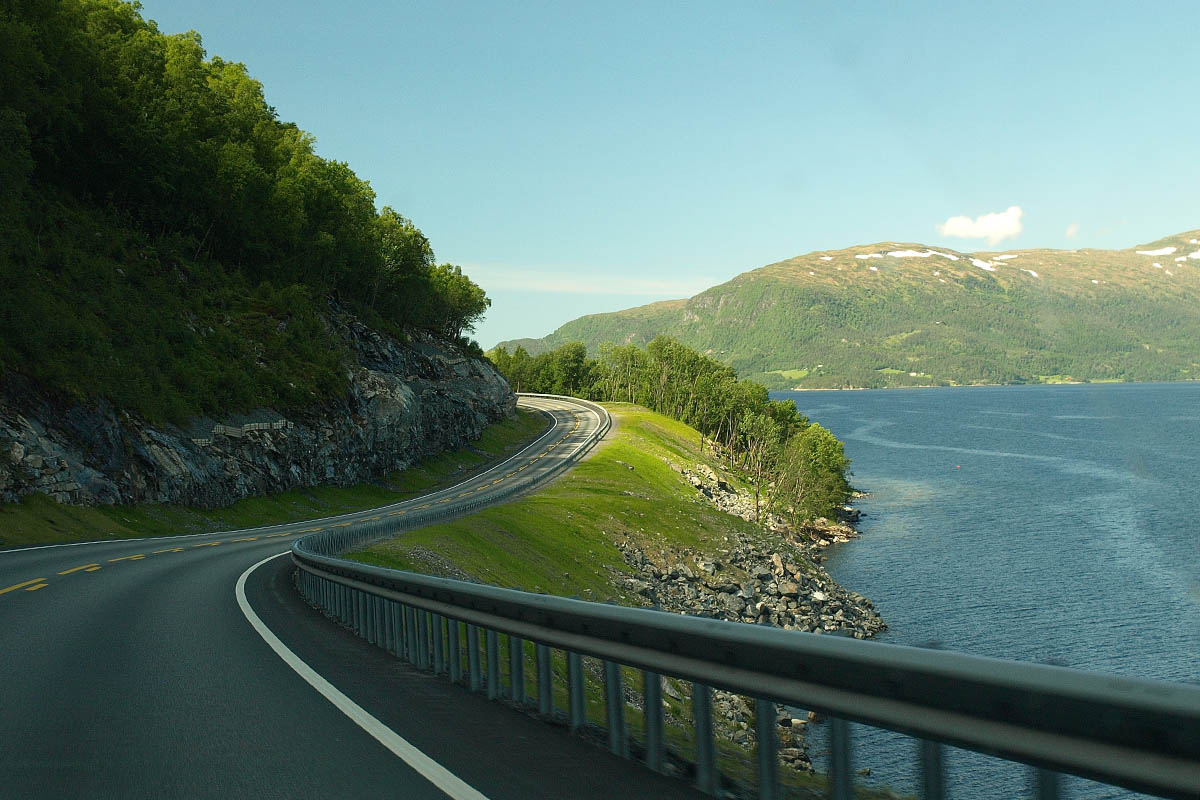Trump Travel Ban 2025
Key Points
-
The Trump Travel Ban 2025 imposes stricter visa regulations on countries like Pakistan, affecting travelers and the hospitality industry.
-
Pakistani tourists face increased visa scrutiny, leading to potential declines in U.S. travel and impacting local tourism sectors.
-
Hotels in Karachi, Lahore, and Islamabad may see reduced international bookings, prompting a shift toward domestic tourism marketing.
The announcement of the Trump Travel Ban 2025 has sent ripples across the globe, particularly in the Muslim world.
This updated iteration of the controversial policy has reignited debates about immigration, international relations, and the impact on tourism.
For countries like Pakistan, which have historically been affected by such bans, the implications are significant—not just for travelers but also for the hospitality industry, including popular destinations like Karachi, Lahore, and Islamabad.
In this blog post, we’ll explore the effects of the Trump Travel Ban 2025 on tourists from Pakistan and the broader Muslim world, and how it might influence travel plans, hotel bookings, and the overall tourism landscape.
Understanding the Trump Travel Ban 2025The Trump Travel Ban 2025 is an extension of the previous executive orders that restricted entry into the United States for citizens of several predominantly Muslim countries.
While the specifics of the 2025 ban are still unfolding, early reports suggest that it will impose stricter visa regulations, enhanced screening processes, and potential entry restrictions for travelers from countries like Pakistan, Iran, Syria, and others.
For tourists from Pakistan, this means navigating a more complex and uncertain visa application process.
Many who had planned trips to the U.S. for leisure, business, or family visits may now face delays, rejections, or even cancellations.
Impact on Pakistani Tourists and the Hospitality Industry
Pakistan’s tourism industry has been on the rise in recent years, with cities like Karachi, Lahore, and Islamabad becoming hubs for both domestic and international travelers.
However, the Trump Travel Ban 2025 could have a ripple effect on local tourism as well.
1. Karachi Hotels: A Hub for Travelers
Karachi, Pakistan’s bustling metropolis, is often the first stop for many travelers. With its vibrant culture, stunning beaches, and thriving food scene, Karachi attracts tourists from around the world.
However, the travel ban may discourage international visitors, particularly those who transit through the U.S. or have dual citizenship.
For Karachi hotels, this could mean a decline in bookings from foreign tourists.
Establishments that once catered to a global clientele may need to refocus their marketing efforts on domestic travelers or tourists from non-affected countries.
2. Staying in Lahore: A Cultural Experience
Lahore, the cultural heart of Pakistan, is known for its Mughal architecture, lively bazaars, and rich history.
Many tourists visiting Lahore come from the U.S. or other Western countries, either for leisure or to visit family.
With the Trump Travel Ban 2025 in place, these numbers could drop significantly.
Hotels in Lahore that rely on international guests may need to adapt by offering special packages for local tourists or partnering with travel agencies to attract visitors from countries unaffected by the ban.
3. Hotels in Islamabad: A Diplomatic Shift
Islamabad, Pakistan’s capital, is a key destination for diplomats, business travelers, and tourists alike.
The city’s hotels often host international conferences and events, many of which involve participants from the U.S. and other Western nations.
The travel ban could lead to a decline in such events, impacting the revenue of hotels in Islamabad.
To counter this, hoteliers might consider targeting markets in Asia, Europe, or the Middle East, where travel restrictions are less stringent.
What Does This Mean for Pakistani Travelers?
For Pakistani tourists, the Trump Travel Ban 2025 presents several challenges:
- Visa Delays: The visa application process is likely to become more rigorous, with longer wait times and increased scrutiny.
- Travel Plans: Many Pakistanis may reconsider their travel plans, opting for destinations with fewer restrictions, such as Turkey, Malaysia, or the UAE.
- Economic Impact: The ban could also affect remittances and business ties between Pakistan and the U.S., further influencing travel trends.
Looking Ahead: Adapting to the New Normal
While the Trump Travel Ban 2025 poses significant challenges, it also presents an opportunity for Pakistan’s tourism industry to innovate and diversify.
By focusing on domestic tourism, promoting lesser-known destinations, and strengthening ties with non-Western markets, Pakistan can mitigate the impact of the ban.
For travelers, staying informed about visa policies and exploring alternative destinations will be key.
And for hotels in Lahore, Karachi, and Islamabad, adapting to the changing landscape will ensure they remain competitive in an evolving global market.
Final Thoughts
The Trump Travel Ban 2025 is more than just a policy—it’s a reflection of the complexities of global politics and its far-reaching effects on everyday lives.
For Pakistan and its vibrant cities like Karachi, Lahore, and Islamabad, the ban underscores the need for resilience and adaptability in the face of adversity.
As travelers and industry stakeholders navigate this new reality, one thing is clear: the spirit of exploration and connection will endure, even in the face of barriers.
What are your thoughts on the Trump Travel Ban 2025 and its impact on tourism? Share your opinions in the comments below!




















